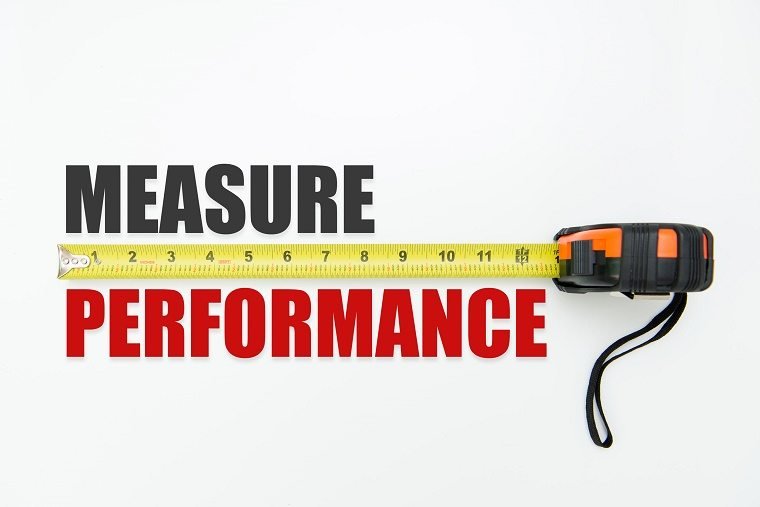Performance reviews have become a tool for the majority of employers.
But, are they really an accurate reading of an employee’s importance to the company? More importantly, has anyone ever questioned the validity of performance reviews?
The overarching belief is that performance reviews don’t vary much and that most employees get a rating of “above-average,” with very few receiving poor scores. There is also the belief that good performers remain good, while bad performers remain bad.
Another question asked about performance reviews is in regards to how they are used. Do they usually mean a pay increase for good performers, or are they used as an incentive for improving the performance of mediocre employees?
A recent study examined performance reviews and their relation to continued employee performance over a seven-year period. The research was conducted by Peter Cappelli (Professor of Management at Wharton) and Martin Conyon (Professor at Bentley University).
Here are some of the findings:
- The upward rating of “average” employees to slightly above “average” appeared frequently.
- Higher scores resulting from a chummy superior/subordinate relationship were not observed.
- Also noted was a tendency toward a greater number of “poor” scores than “excellent” scores.
- The most surprising result of the study was the lack of evidence for good performers being rated that way year after year.
- The idea that good performers remained good, average performers remained average, or bad performers remained bad was found to be without basis. While a consistently bad performer tended to be fired, the notion of performance reviews remaining constant over the long term was not supported.
The study also revealed that the review process was looked at by supervisors as more of a continuing relationship, with commensurate rewards for performance improvements. Poor performers, according to the study, were disproportionately denied pay raises when compared to average or better performers.
Granted, the study only involved the experiences of one company, but no evidence exists elsewhere to dispute these findings.
According to the researchers, the validity, or lack of, regarding performance reviews seems to exist without any real evidence. For those campaigning to remove performance reviews from the appraisal process, perceived lack of reliability is conveniently cited as a valid reason. But, when the facts are laid out, performance reviews are still the most reliable short-term tool for rating and improving employee performance.


No, no, no - statements like “Granted, the study only involved the experiences of one company, but no evidence exists elsewhere to dispute these findings” are scarily wrong. That’s not how science works. Truth is found by multiple experiments all coming to the same conclusions, not one experiment with one company and “no evidence exists elsewhere.” The burden of proof is on the person making the claim; not on the rest of the world to have disproved the claim.